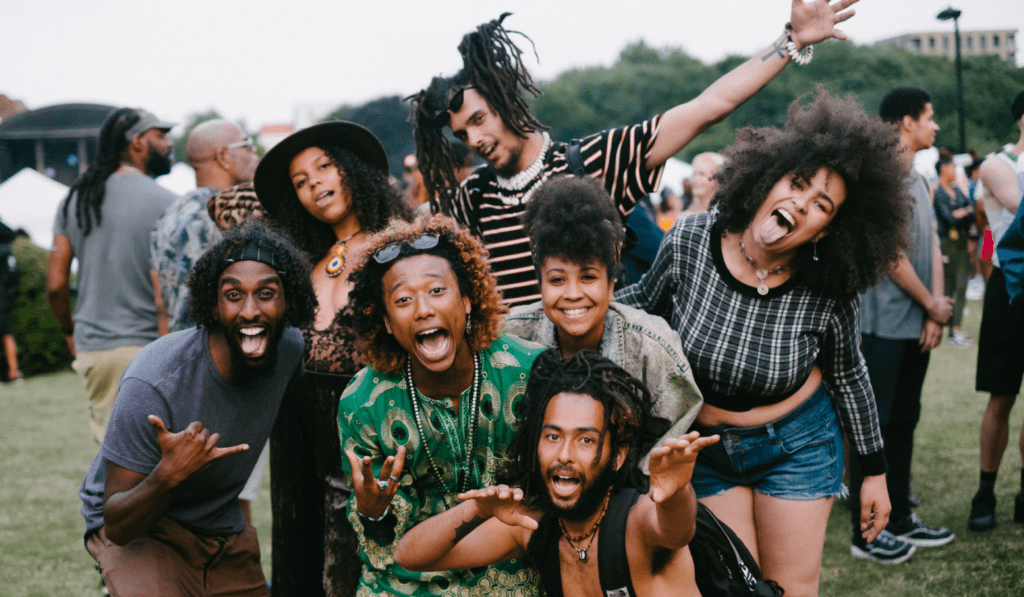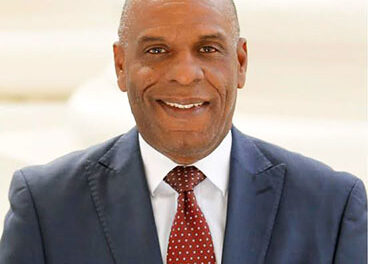
When thinking about how this year’s theme of LEGACY fits into UKBP’s mission statement of maintaining strength through unity, three questions come to mind:
Where did we come from?
Where do we stand today?
How do we imagine the future?
Building a legacy is not solely about obsessing over what’s to come; it’s also about appreciating the importance of our past and present. It requires us to honour our predecessors and how their actions have benefited us today. It’s impossible to conceptualise how to build a legacy without being intentional in unifying generations and finding strength through intergenerational dialogue. UKBP is one of the few, large-scale, central community spaces where multiple generations of queer people of colour come together, celebrate identities, and resist the oppressive forces sought to divide.
I attended my first UKBP in 2018 when I was still in university, justifying my attendance to my parents as me being a ‘really good ally’. When I arrived, I was immediately made aware of how limited my knowledge of Black British queer histories was. It feels ridiculous to say now, but back then, I’d never given much thought to the fact that older Black queer women existed, so I was shocked to see people of varying ages in attendance, buoyantly dancing, jovially cheering, and infectiously grinning. I was embarrassed by my sheer ignorance, but unfortunately, not surprised – age segregation within communities is normal and has been exacerbated in recent years due to the technological revolution, creating discrepancies in experiences and how we communicate with others. In the LGBTQ+ community specifically, a lot of events and interactions are age-segregated, and generational siloes are hard to penetrate.
Despite UKBP being founded in 2005, Black people in Britain have been celebrating themselves at Pride celebrations for decades, a fact which Marc doesn’t hesitate to remind me. “Black people always had a presence at Pride; we’ve always tried to make our voices heard. We worked with the Pride organisers to make sure that there was a safe space for Black folk who attended.” Recognizing that UKBP is not the first celebration of Black queer people does not remove its importance at all, as Marc elaborates: “It was founded to create a space for Black LGBTQ+ people. The need to have something separate which celebrates us is very important.”
Marc’s observations show how important the idea of legacy is, celebrating those in our community whose sacrifices have contributed to creating a society in which organisations like UKBP can grow to a great scale, “there were people doing the work for decades before UKBP, and their work should be recognised when thinking about legacy.”
In the present day, Sam is humbled by the work done by generations before. “It’s important to know your own history because you don’t know where you will go in the future unless you can recognize your past. I can’t even imagine what it was like for those growing up in the late 20th century when many of them were attacked for being themselves. It’s important that as Gen-Z we acknowledge how far we have come; there have been so many sacrifices that have gotten us to this point.”



